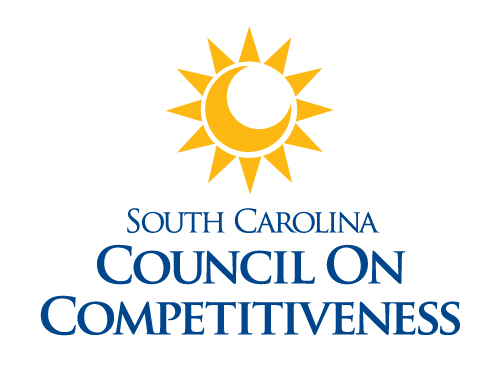South Carolina has joined North Carolina, Illinois, Indiana and Mississippi in a five-year education initiative with Breakthrough Learning that will target students from high-poverty, rural areas. The South Carolina Council on Competitiveness will lead implementation in South Carolina.
The goal of the Rural Innovative Schools Initiative is to increase the number of students graduating high school with transferable college credit, an industry credential and/or an associate’s degree.
“Generational poverty can be broken with college credentials,” said Ann Marie Stieritz, president and CEO of the Council. “Access to education for students in disadvantaged areas is a competitiveness issue for our state. This initiative will help under-resourced schools build capacity and provide more opportunities for these students to access higher education.”
Recent studies show that less-affluent, first-generation students who enroll in college courses during high school achieve college credit and career training at a higher rate than students who follow a more traditional path.
More than college credit and industry credentials
Dr. Peggy Torrey, director of education and workforce for the Council, says the initiative will support participating schools by building the capacity of principals and teachers to personalize learning for students.
“The work we are doing is deeper than traditional dual enrollment or early college models. We want to build the capacity of principals and teachers to personalize learning so that students become more engaged and motivated to succeed.” she said. “Once that motivation and engagement from students is there, the college courses are simply the next step towards success in higher education and careers.”
The initiative will provide direct support to four South Carolina high schools and will provide training for a statewide expert to be employed by the Office of Transformation at the South Carolina Department of Education. The Department will also partner with the Council to host four regional meetings for education and community leaders to gauge interest on expanding the initiative’s work to other areas of the state.
“We are very excited to partner with the Council on the Rural Innovative Schools Initiative,” said Jennifer Morrison, director of the Office of Transformation. “This initiative will help South Carolina schools provide a critical passageway for high-needs students to graduate ready for college, careers and citizenship.”
What it means for manufacturers and other businesses
The expansion of the early college model provides the infrastructure for manufacturers and other companies to create a specialized talent pool. A direct pathway can be created for the student to enter employment with a company, provided that the high school and higher learning institution approve and offer the courses necessary for the position. If you are a business interested in recruiting early college students, contact both the high school and higher learning institution to learn more.
Participating schools
The first two schools to participate in South Carolina are North Middle High School in Orangeburg School District Five, and Batesburg-Leesville High School in Lexington School District Three. Two additional schools will be identified next year.
Schools are selected to participate in the initiative based on a variety of factors including: community interest; rural location; poverty level; and percentage of underrepresented, minority and first-generation college students.
“The professional development we will receive through the grant partnership will support our administrators and teachers in making sure students are college and career ready. Additionally, we are excited about the opportunity to expand our dual enrollment courses with an early college model to provide more choices for our students at Batesburg Leesville High School,” said Angie Rye, chief academic officer for Lexington School District 3.
Grant partnership
The Rural Innovative Schools initiative is led at the national level by Breakthrough Learning, a nonprofit professional services agency that provides innovative approaches to professional learning for teachers and administrators. Breakthrough Learning has partnered with local communities in North Carolina to establish more early college high schools than any other state in the nation. Since 2005, the organization has helped launch 78 early colleges in North Carolina and has expanded its reach to bring early college strategies into comprehensive high schools as well.
The Council has also formed a statewide team to support the initiative’s work. The Technical College System and the Commission on Higher Education are working to ensure that the courses offered to students are transferable to in-state two- and four-year colleges and applicable to the student’s desired major.
The School Board Association will serve as the liaison to local school boards and communities. The Riley Institute at Furman University will be providing input on the evaluation of the initiative, and the Education Oversight Committee is lending its expertise to statewide education policies and regulations, as well as scaling the work.
The Rural Innovative Schools initiative is funded by a five-year, $20 million investing in Innovation (i3) grant awarded to Breakthrough Learning from the U.S. Department of Education. The grant represents the only “scale-up” i3 award from the Department in the recent award cycle.
For more information on the Rural Innovative Schools Initiative, visit http://ncnewschools.org/rural-innovative-schools-initiative/.


Be the first to comment on "South Carolina Joins Rural Innovative Schools Initiative"